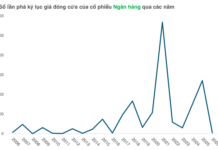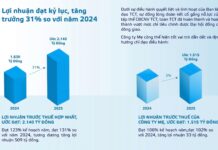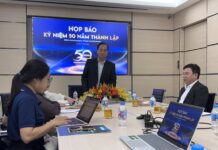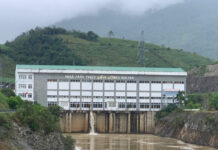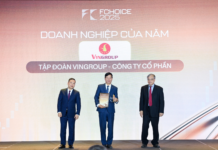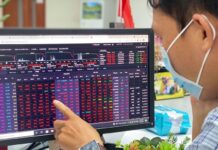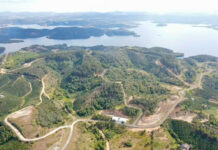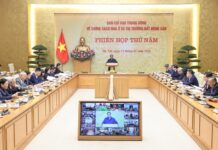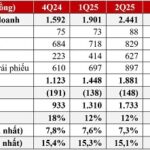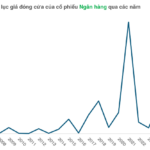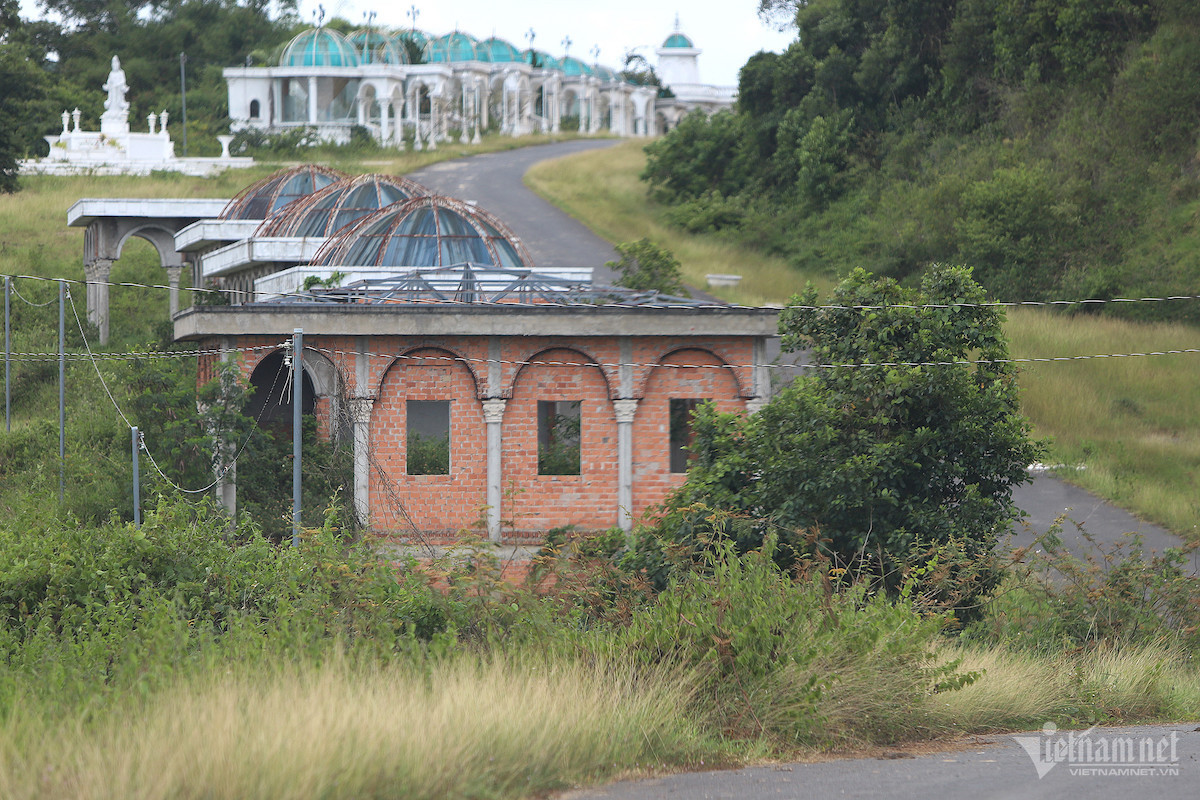Inclusion and Increased Value: The New Face of Agricultural Land
At a recent symposium, “New Opportunities in the Real Estate Market,” hosted by Dân Việt newspaper on August 1, 2024, Mr. Lê Văn Bình, Deputy Director of the Land Department, Ministry of Natural Resources and Environment, shared insights on the evolving nature of real estate discussions.
Historically, conversations centered around residential, industrial, and commercial real estate. However, with the impending implementation of the 2024 Land Law, the spotlight shifts to agricultural land use rights, offering a broader scope for individuals not directly engaged in agricultural production to acquire rice-growing land through transfer or assignment.
Mr. Bình elaborated on the previous restriction, which limited rice land ownership to those directly involved in agricultural endeavors. The new regulations empower individuals with the means and interest in rice cultivation to acquire land for investment in agricultural production, marking a significant shift in policy.
The conditions for acquiring the land allocation limit are determined by local authorities, and exceeding this limit necessitates the establishment of a business entity with an approved land use plan. This evolution in policy elevates the value of agricultural land, and with the 2024 Land Law coming into force, this segment of the market is poised for vibrant growth.
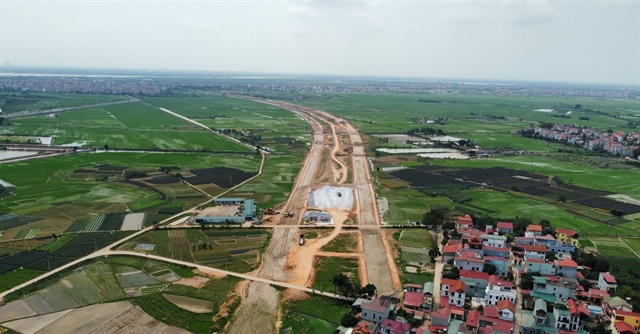 The 2024 Land Law brings a new focus on agricultural land, attracting a diverse range of investors. Photo: Hồng Khanh
|
Attorney Trương Anh Tú, Chairman of TAT Law Firm, shared his perspective with VietNamNet, highlighting the benefits of this novel approach for the people and the agricultural sector in Vietnam. By enabling investors, regardless of their farming background, to acquire land for high-tech agriculture, the policy fosters an inclusive environment.
This translates to the utilization of advanced machinery, equipment, and hired labor for cultivation and crop production. Consequently, financial prowess becomes the primary enabler for entry into this sector, presenting new business opportunities and drawing investments into agriculture. The resulting boost in rural economic development creates jobs and improves the livelihood of agricultural workers, optimizing land use and reducing instances of land abandonment or inefficient utilization.
A Vibrant Market with Controlled Growth
The period between 2020 and 2022 witnessed a dynamic landscape in agricultural real estate transactions, with businesses and individuals actively acquiring agricultural land, including rice-growing areas, for the purpose of land subdivision and sale, creating a frenzied market.
More recently, investors have been seeking to purchase agricultural land, particularly in anticipation of potential surges in demand with the enforcement of new laws from August 1, 2024. While the involvement of investors in the Red River Delta region has been limited, areas boasting vast expanses of garden land and hilly terrain, such as the Central Highlands and provinces neighboring Ho Chi Minh City, have witnessed active land consolidation.
According to industry insiders, the market for agricultural land is poised for increased activity but is unlikely to experience a frenzied “land rush.” The new regulations primarily facilitate farmers and businesses investing in the agricultural sector, while stringent conditions for land use conversion and reallocation mitigate speculative activities, such as land banking for future subdivision and sale.
The stringent requirements for changing land use, coupled with provisions for land reclamation, compel investors to strategically utilize the land they acquire, reducing instances of long-term land abandonment. Given the already elevated land prices in many regions following the previous surge, short-term gains may be challenging, underscoring the need for a long-term investment horizon of 3-5 years.
Deputy Director Bình emphasized that any conversion of agricultural land must adhere to the national land-use plan and respect the designated area of over 3 million hectares for rice cultivation to ensure national food security. He clarified that while some agricultural land could be flexibly converted for annual crops or aquaculture, others would be subject to regulations governing the shift in crop types and livestock breeds.
Hồng Khanh






